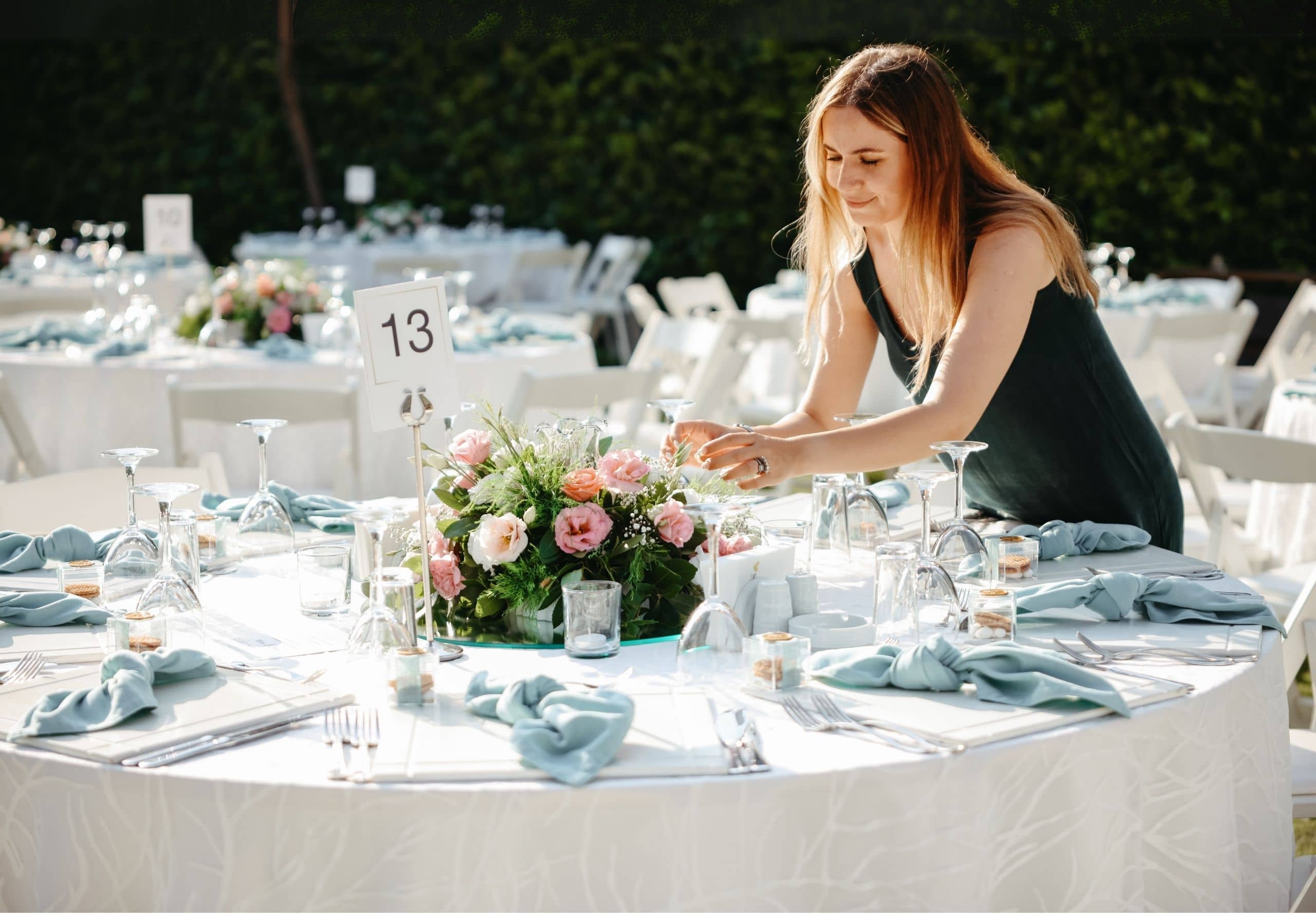
Chinese Restaurant Wedding: Blending Tradition, Flavor, and Celebration
Introduction
Weddings are joyous occasions that celebrate love, family, and cultural heritage. In Chinese culture, few settings capture the warmth and spirit of togetherness quite like a Chinese restaurant wedding. Combining centuries-old traditions with the pleasures of fine dining, these celebrations bring families and friends together for a feast that’s as symbolic as it is delicious.
Whether held in a grand banquet hall in the heart of Chinatown or a modern Chinese restaurant with elegant décor and panoramic views, a Chinese restaurant wedding blends heritage, luxury, and gastronomy into one unforgettable experience.
In this article, we’ll explore why Chinese restaurant weddings remain timeless, how to plan one successfully, and what unique cultural elements make them truly special.
The Timeless Appeal of a Chinese Restaurant Wedding
For many couples, choosing a Chinese restaurant as their wedding venue is about more than convenience—it’s about honoring family traditions while embracing comfort and culinary excellence.
Chinese restaurant weddings are known for their lavish multi-course banquets, warm hospitality, and festive atmosphere. The setting reflects the importance of family and food in Chinese culture—where every dish served symbolizes good fortune, harmony, and prosperity.
1. Cultural Significance
A traditional Chinese wedding banquet isn’t just a meal—it’s a ritual of blessings. Every dish, from the roasted suckling pig to the steamed fish, carries meaning: longevity, fertility, wealth, or happiness. Hosting your wedding in a Chinese restaurant allows these traditions to be beautifully incorporated into the celebration.
2. Community and Togetherness
Chinese weddings are large family affairs. A restaurant setting naturally accommodates big gatherings, allowing multiple generations to dine, toast, and laugh together. The shared tables and circular seating symbolize unity and equality among guests.
3. Authentic Culinary Experience
Food is central to any Chinese celebration, and the restaurant ensures guests experience the true essence of Chinese cuisine—prepared fresh, served elegantly, and infused with cultural meaning.
Planning Your Chinese Restaurant Wedding
Planning a Chinese restaurant wedding combines practical event management with cultural appreciation. Here’s a step-by-step guide to creating a celebration that’s both seamless and meaningful.
1. Choosing the Right Restaurant
Start by selecting a restaurant that reflects your vision. Consider factors such as:
- Size and capacity: Ensure it accommodates your guest list comfortably.
- Cuisine style: Cantonese, Sichuan, Hunan, or fusion menus.
- Ambiance: Traditional red and gold décor or modern minimalist elegance.
- Reputation: Choose a restaurant known for quality food and exceptional service.
Popular venues often book months in advance, especially during the Lunar New Year or peak wedding seasons, so early reservations are essential.
2. The Wedding Banquet Menu
The banquet is the highlight of the evening. Traditional Chinese wedding menus typically include eight or nine courses, as these numbers are associated with prosperity and eternity.
Common dishes include:
- Roast Suckling Pig – Symbol of purity and marital fidelity.
- Steamed Fish – Represents abundance and harmony.
- Lobster or Crab – Denotes strength and success.
- Braised Abalone or Sea Cucumber – Symbolizes wealth and longevity.
- Fried Rice or Noodles – Signifies unity and a long life together.
Couples often work with the restaurant’s head chef to tailor the menu, accommodating dietary preferences while maintaining cultural authenticity.
3. Décor and Ambiance
Chinese restaurant weddings are vibrant and symbolic. Red, the color of luck and happiness, dominates the décor, while gold represents prosperity and joy.
Decorative elements may include:
- Double Happiness (囍) symbols on walls and invitations.
- Lanterns, floral arrangements, and silk table runners in red and gold.
- Traditional music such as guzheng or erhu performances.
- Photo backdrops featuring calligraphy, cherry blossoms, or dragons and phoenixes (representing male and female harmony).
Some couples add modern touches like fairy lights, digital screens for slideshows, or a live band to merge tradition with contemporary elegance.
4. Tea Ceremony Integration
Many couples choose to host the tea ceremony—a vital Chinese wedding tradition—either before or during the restaurant celebration.
In this ceremony, the couple kneels before their parents and elders, offering tea as a gesture of respect and gratitude. In return, the elders bless them with red envelopes (hongbao) containing money or jewelry.
Conducting this at the restaurant ensures convenience and allows both families to witness this heartfelt moment together.
5. The Wedding Toasts and Speeches
During the banquet, it’s customary for the newlyweds and family members to visit each table, offering a toast—“Yum Seng!” meaning “cheers to victory!” The collective shouting of “Yum Seng” by guests fills the room with energy and joy, creating unforgettable memories.
Blending Tradition with Modernity
While the essence of Chinese restaurant weddings is rooted in tradition, many modern couples incorporate contemporary touches to reflect their personal style.
1. Fusion Menus
Some restaurants offer modern twists—such as truffle dumplings or fusion desserts—without sacrificing the symbolic value of traditional dishes.
2. Modern Entertainment
Couples often include live bands, DJs, or interactive photo booths to enhance the festive atmosphere.
3. Western Elements
Brides may choose to wear a qipao (cheongsam) for the tea ceremony and a Western white gown for the banquet, blending both cultural aesthetics.
4. Eco-Friendly Celebrations
With sustainability in focus, some couples opt for digital invitations, reusable décor, or locally sourced ingredients for their wedding menus.
Tips for a Smooth Celebration
Planning a wedding, especially one that honors cultural heritage, requires thoughtful organization. Here are practical tips to ensure a successful event:
- Book Early: Popular Chinese restaurants in Singapore, Hong Kong, or major cities book out months in advance—especially for auspicious dates.
- Consult Both Families: Since family plays a central role in Chinese weddings, involve elders in decisions like menu selection and seating arrangements.
- Confirm Technical Needs: If using slideshows, live music, or a sound system, coordinate with the restaurant to ensure setup compatibility.
- Manage the Schedule: Chinese banquets often start later in the evening; prepare a clear timeline for tea ceremonies, photo sessions, and speeches.
- Prepare Wedding Favors: Traditional gifts include tea sets, red packets, or sweets symbolizing harmony and happiness.
The Symbolism of Food in a Chinese Restaurant Wedding
In Chinese culture, food is a language of love and blessings. Every course served during a wedding banquet tells a story of unity, joy, and prosperity.
- Whole Chicken: Represents family togetherness.
- Shark Fin Soup or its substitutes: Symbolizes luxury and generosity (though many now replace it with ethical alternatives).
- Sweet Red Bean Soup: Marks a sweet beginning for the couple’s life together.
- Lotus Seeds and Red Dates: Signify fertility and lasting love.
This culinary storytelling transforms a wedding banquet into more than a meal—it becomes a shared blessing for everyone present.
Conclusion
A Chinese restaurant wedding is a celebration where love meets legacy, and food becomes a language of joy and gratitude. It’s a harmonious blend of tradition, family, and festivity, where every dish, color, and ritual carries deep meaning.
For couples seeking to honor their roots while hosting an elegant and memorable celebration, few venues can match the charm and warmth of a Chinese restaurant. From the first sip of tea to the last joyful “Yum Seng,” the experience captures everything that makes a wedding truly special—heritage, happiness, and harmony.
Whether you choose a grand banquet hall in Singapore or an intimate restaurant tucked away in your hometown, a Chinese restaurant wedding ensures that love, family, and flavor come together in perfect unity—just as they should on the most important day of your life.
